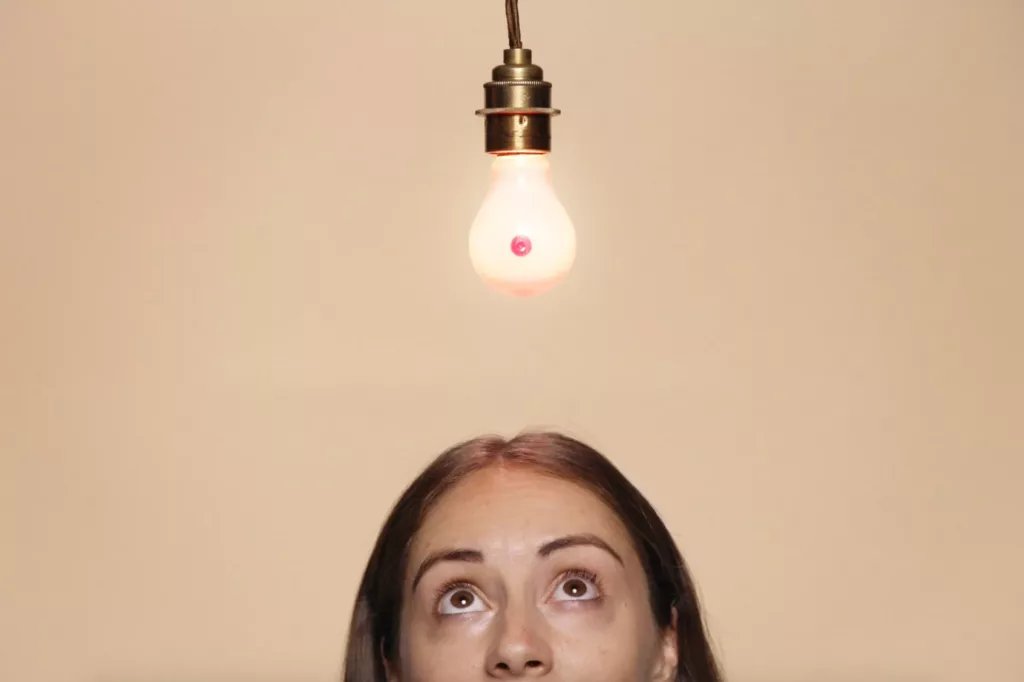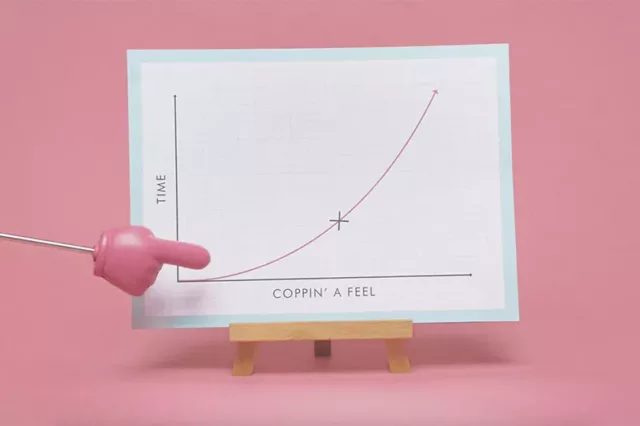Why Check Yourself?
CoppaFeel! exists to help everyone stand the best possible chance of surviving breast cancer, because if found early it is very treatable and survival rates are higher. That’s why you need to become good chums with your boobs and coppafeel regularly.


